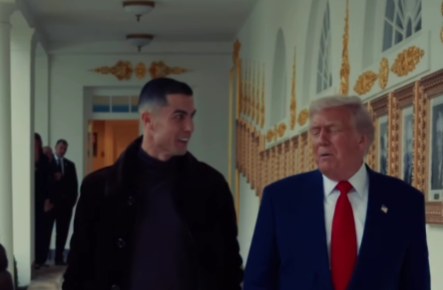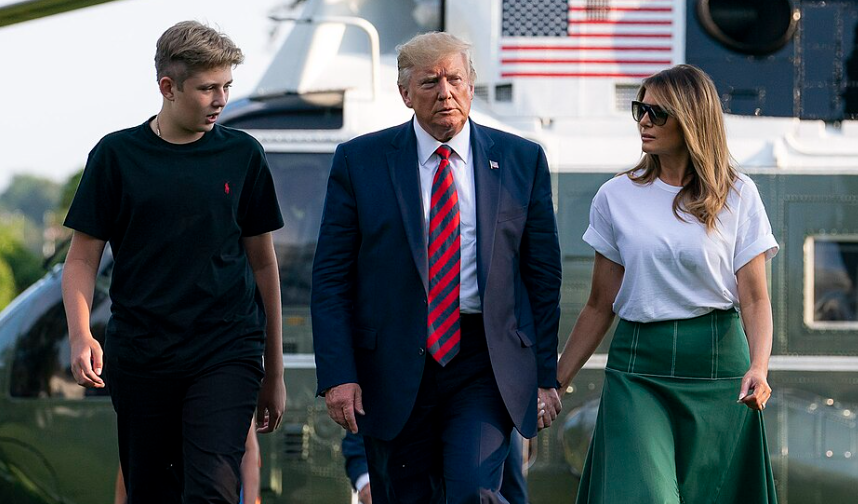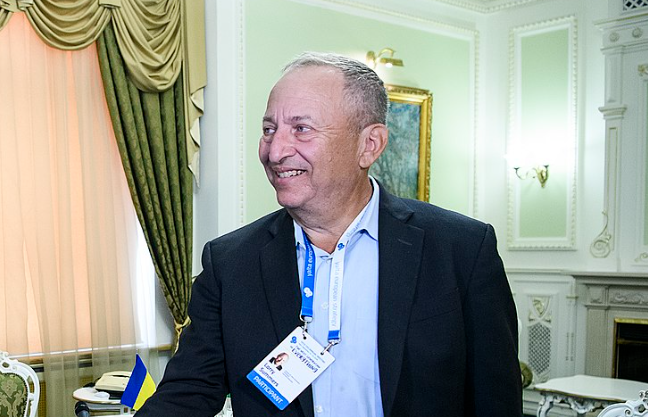Scientist Barred from Entering the U.S. Over Past Messages About Trump
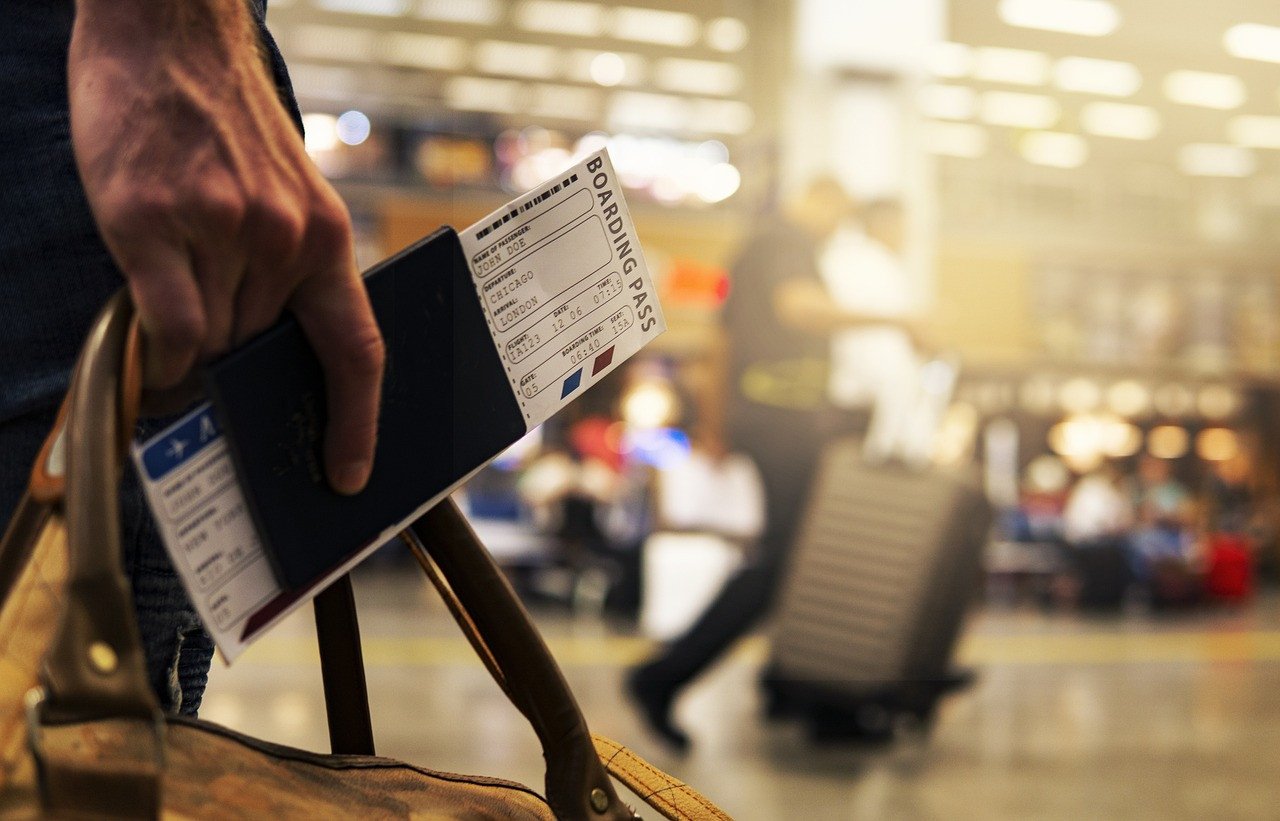
©️ Pixabay
A French scientist has been denied entry into the United States, reportedly due to past social media posts about former President Donald Trump.
The decision has sparked debate over freedom of expression and international relations, with critics questioning whether political opinions should impact travel rights.
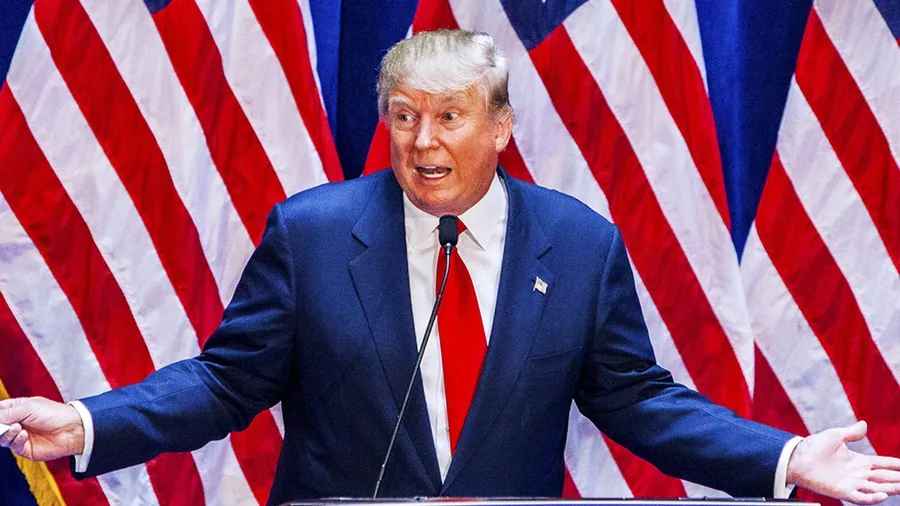
Who Is the Scientist?
The scientist at the center of this controversy is a well-respected researcher specializing in climate science and environmental studies.
While their name has not been widely disclosed, reports indicate that they have collaborated with American institutions in the past and frequently traveled to the U.S. for academic conferences and research purposes.
Reasons Behind the Ban
According to sources, U.S. authorities blocked the scientist’s entry due to social media posts they made during Trump’s presidency.
The posts reportedly contained strong criticism of Trump’s policies, particularly on climate change and scientific research.

While officials have not provided a detailed explanation, it is believed that these comments played a role in the decision.
This situation raises concerns about whether political speech, especially from foreign nationals, should influence entry into the U.S. Legal experts argue that visa decisions should be based on security concerns, not personal opinions expressed online.
International Reaction
The French government and scientific community have expressed concern over the ban. Several academic organizations and researchers have spoken out, calling it an attack on academic freedom and free speech.
Many believe that barring a scientist over past political statements sets a dangerous precedent that could discourage open discussion and collaboration.
French officials have reportedly reached out to U.S. authorities to seek clarification on the matter.
Meanwhile, various advocacy groups are urging the U.S. government to reconsider the decision, emphasizing the importance of maintaining strong scientific partnerships.
Impact on Scientific Collaboration
The ban has highlighted the challenges international researchers face when dealing with shifting political climates.
Many worry that banning a scientist over past political statements sets a dangerous precedent, discouraging open discussion and collaboration.
Experts warn that such restrictions could hurt both scientific progress and diplomatic relationships.
Advocacy groups urge the U.S. government to reconsider, stressing the need for strong scientific partnerships.
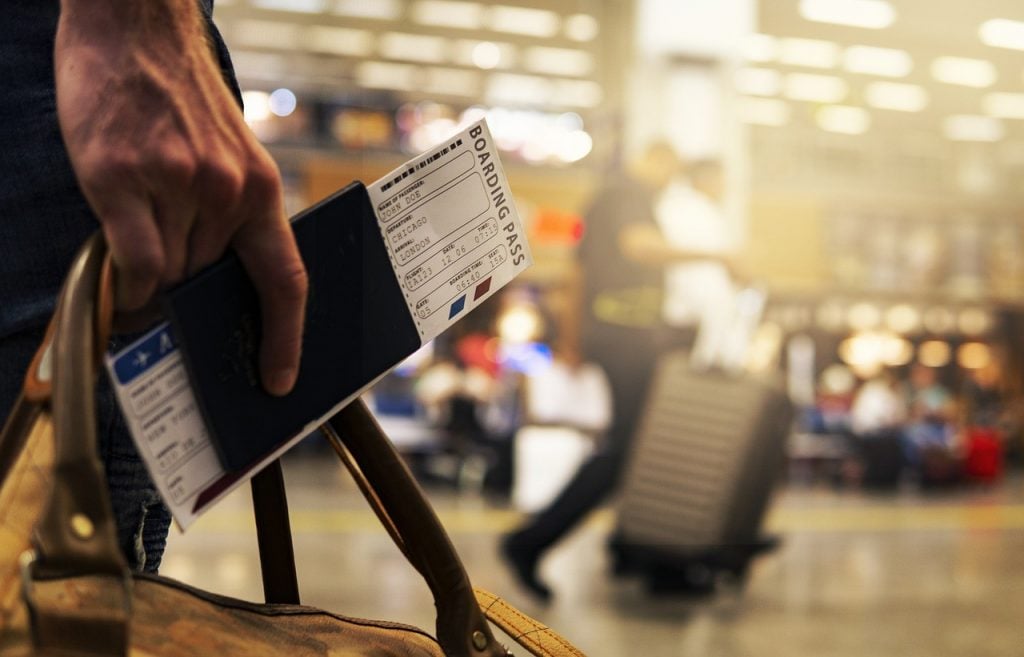
What’s Next?
For now, the scientist remains unable to enter the U.S., and it is unclear whether officials will reconsider the decision.
Advocacy groups, scientific institutions, and government officials continue to push for more transparency regarding the case.
The incident has also sparked discussions about how political speech impacts visa policies. As the debate continues, the case serves as a reminder of the delicate balance between national security, free speech, and global cooperation in science.
The outcome of this situation could set an important precedent for how countries handle the intersection of politics and academic mobility.
You may also be interested: Weirdest Scientific Experiments That Will Keep You Awake at Night
